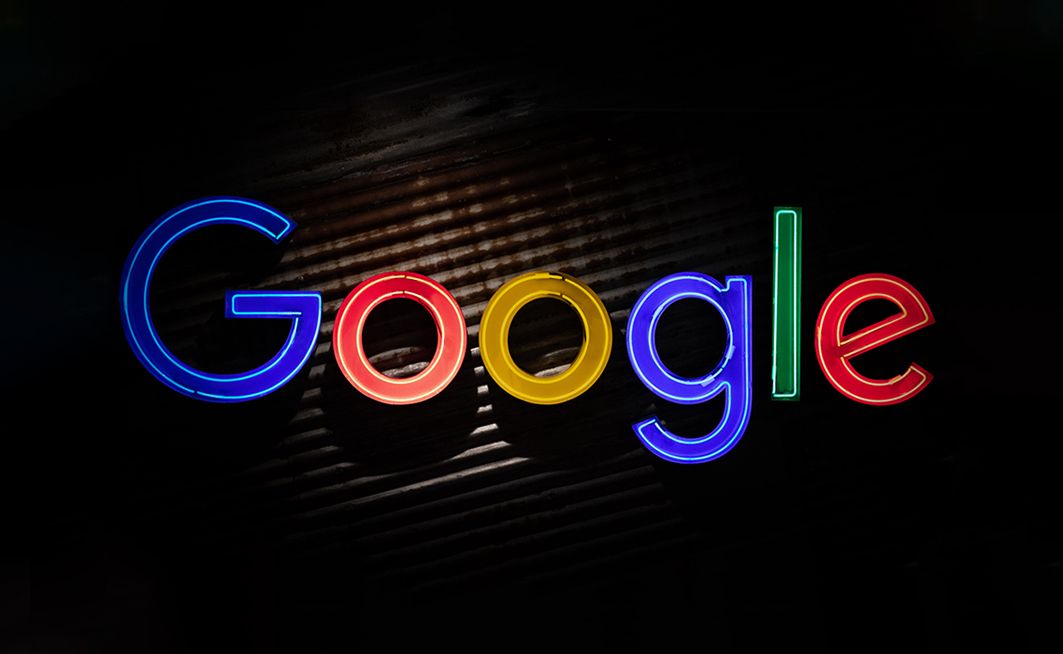Introduction
If you have recently seen alarming reports on social media claiming that Gmail is now focusing on training Google's AI models using your personal emails, you can breathe a sigh of relief. The company has officially pushed back against these claims, labeling the reports as "misleading." Google Gemini is not being trained on your private correspondence.
Context: The Viral Rumors
Last week, various posts went viral across social platforms, accusing Google of automatically opting Gmail users into AI model training via the company's Workspace-based "smart features." The narrative gained traction when legitimate publications like Malwarebytes—which has since issued a correction—reported on it. This forced Google into a position where a public response was necessary to stem the tide of misinformation.
The Solution: Google's Official Stance
Google states unequivocally that Gmail messages are not used to train Gemini.
Late on Friday, the company used the Gmail Twitter account to clarify the situation. Taking their comment at face value, the key takeaways are:
- Gmail content is not harvested to fuel Gemini's training.
- No user settings within Gmail have been silently adjusted to allow for AI model training.
- If any changes to terms or policies occur in the future, Google commits to making a clear and direct announcement.
"These reports are misleading... Gmail messages are not used to train Gemini."
Google / Gmail Team
The Challenge: Skepticism vs. Misinformation
It is understandable for consumers to worry about their data being harvested for AI, as this does happen in other contexts. However, these specific viral posts resemble the "share this to stop Facebook" hoaxes of the 2010s. The difference now is financial: platforms like Twitter allow users to monetize engagement, creating a financial incentive to spread fear-inducing scams or fake news.
Conclusion
While past actions of Big Tech justify a degree of distrust, it is worth remembering that strangers on social media are just as likely to spread falsehoods. Doing due diligence is essential, but users should maintain a healthy skepticism toward alarmist social media posts regarding Google Gemini and data privacy.
FAQ
Below are answers to common questions regarding Google Gemini and Gmail privacy.
